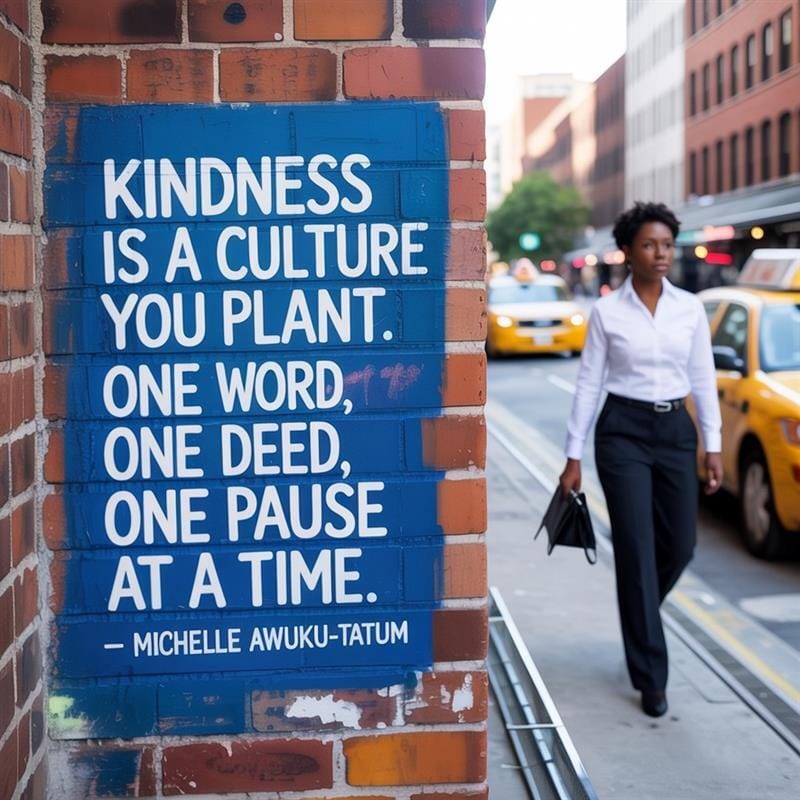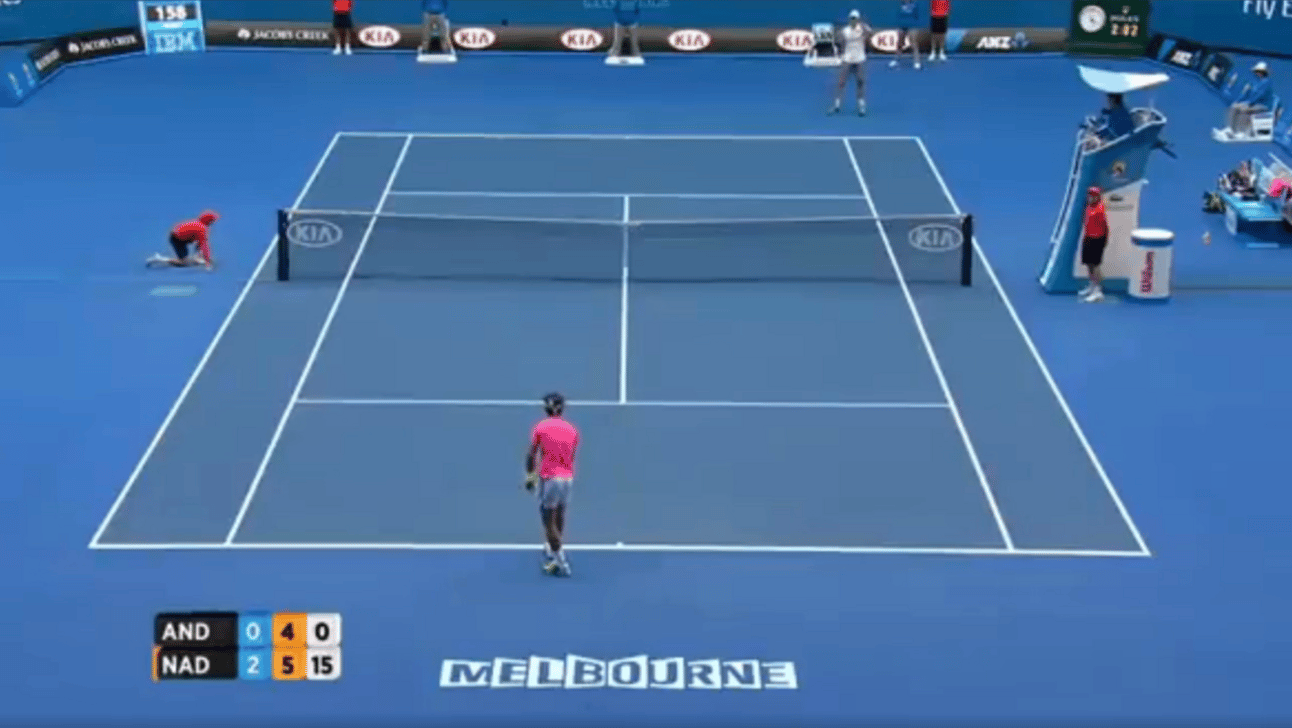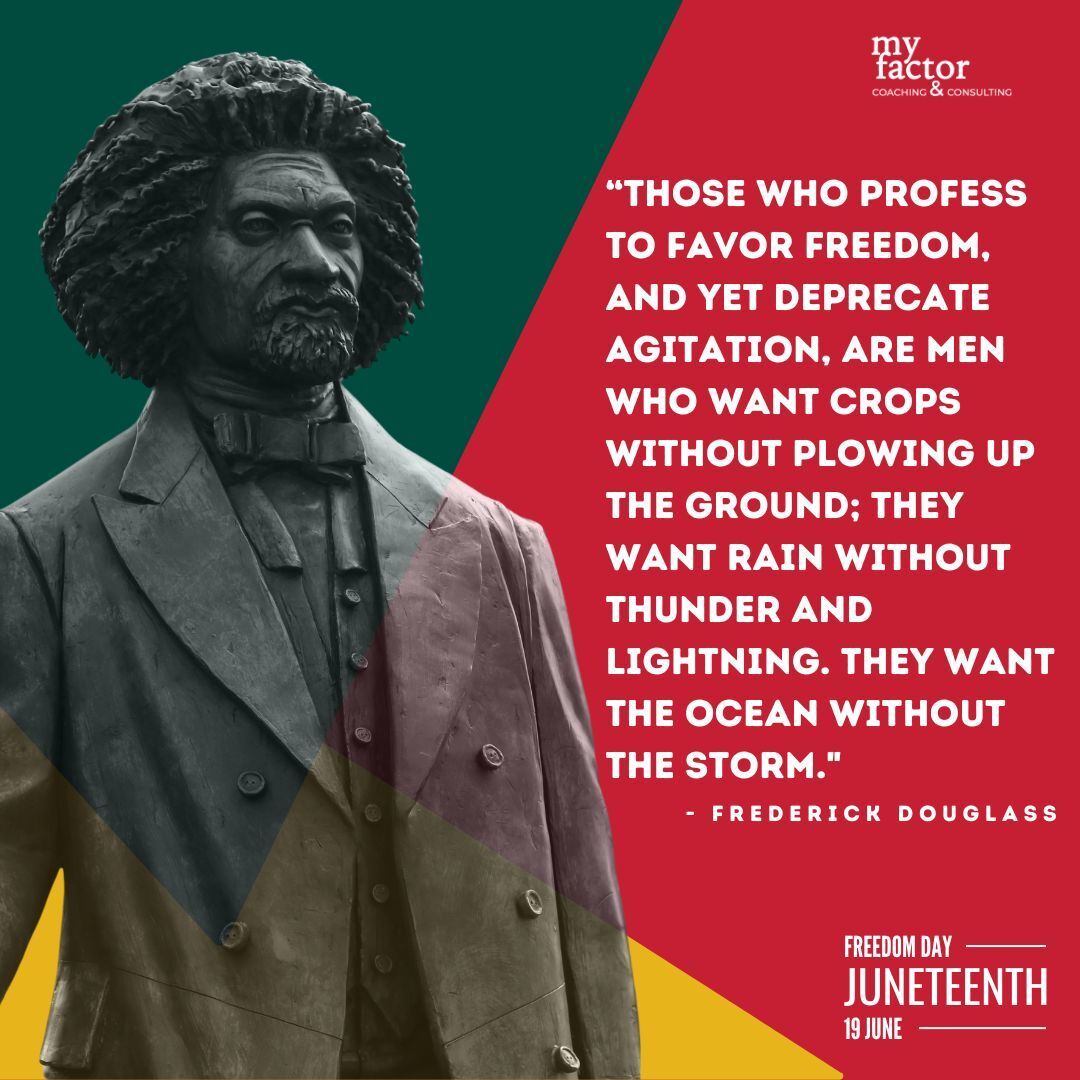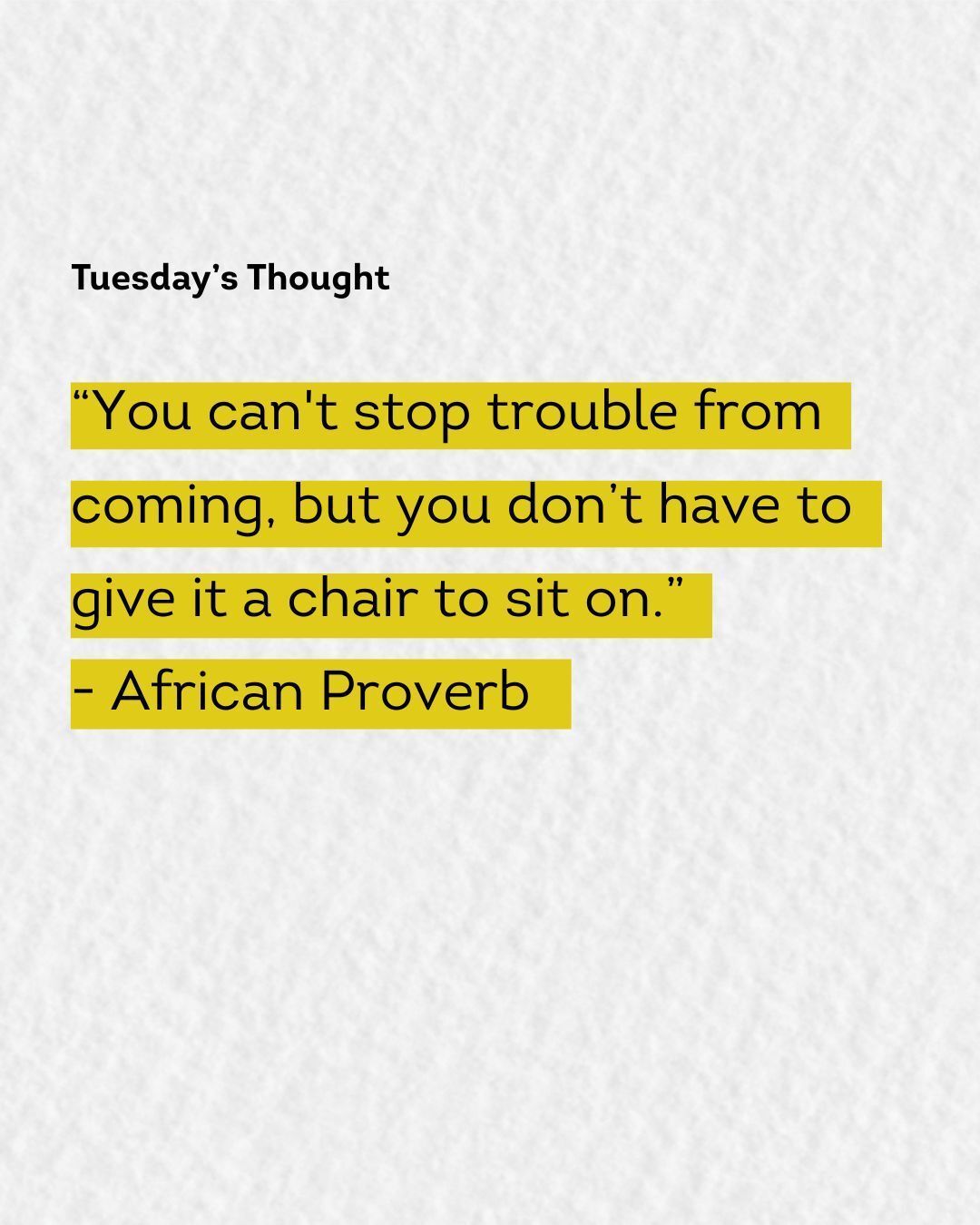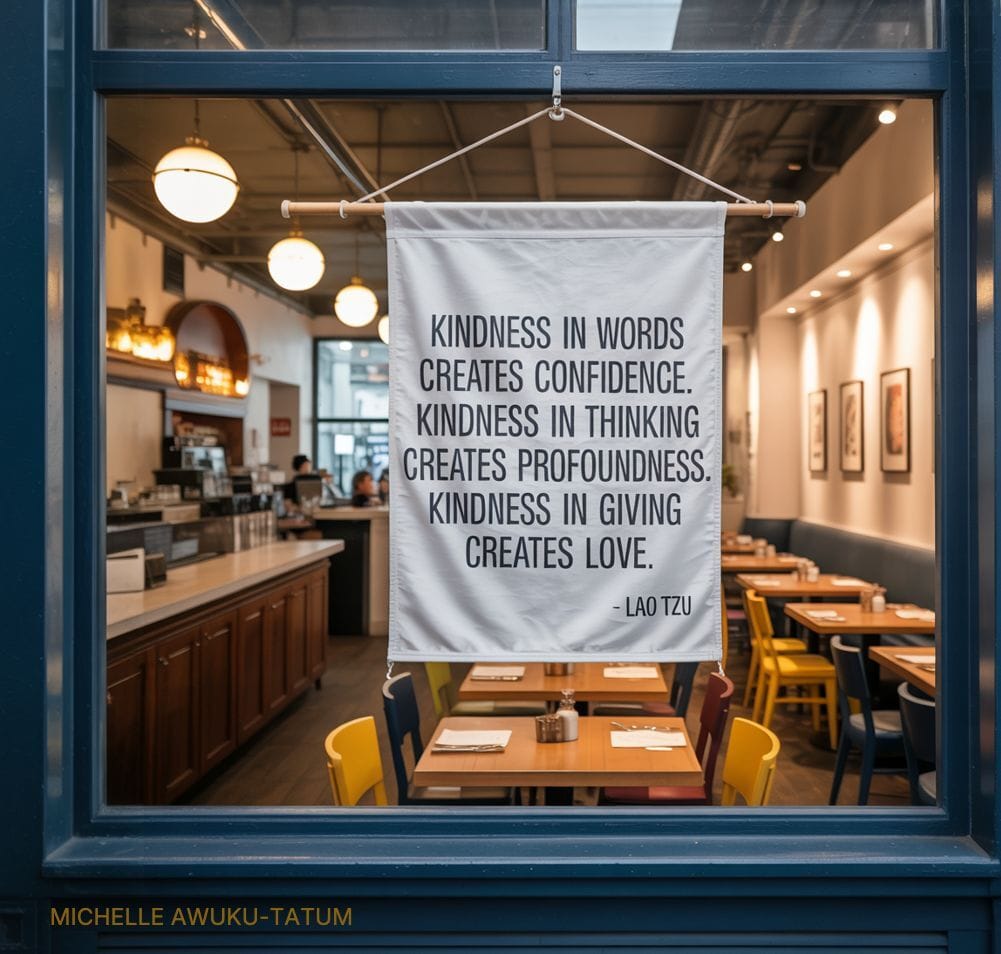One harsh comment triggers 31 minutes of lost focus.
For a 10-person team, that's over 5 hours gone.
All from one dismissive gesture or careless remark.
Tension at work isn't always loud or dramatic. It can be as subtle as cutting someone off mid-sentence or using a dismissive tone. But these moments disconnect people from their ability to think and contribute fully.
SHRM research reveals that workplace incivility costs $2 billion daily. This highlights an important point: being mean at work doesn't just hurt people's feelings. It actually hurts how well your business works.
Here's what happens in someone's brain when a coworker is rude. Their brain switches into "danger mode." The parts that help them think creatively and solve problems shut down. The part that looks for threats takes over.
Those 31 minutes aren't quiet recovery time. People spend them replaying what happened over and over. They question their competence and try to feel safe again.
The bottom line? When your people can't focus, your business can't perform. But you can break this pattern with intentional leadership choices.
3 Shifts to Protect, Reset and Restore Your Team's Focus
1. Protect: Master the Pause
Develop your ability to notice when tension is rising in yourself and others. Create a 3-second pause before responding to challenging situations. This brief pause allows your smart brain to kick in. It stops you from saying things that hurt relationships and your work performance.
Practice this: When you feel your jaw get tight or your breathing speeds up, take three deep breaths before you talk.
2. Reset: Build Recovery Protocols
Acknowledge that recovery time is real and valuable. When you witness or learn about incivility, don't just move on. Address it directly and give people permission and the space to process their feelings.
Try this: After a difficult conversation or tense meeting, build in 10-15 minutes to reset. Ask, "What do you need right now to refocus?" This validates the experience and accelerates healthy recovery.
3. Restore: Normalize Constructive Conflict
Change how your team handles disagreements by showing them the right way to do it. When someone disagrees with you, get curious about their ideas instead of defensive.
Apply this: Here's a simple framework that moves beyond just 'getting back to normal' to healing team dynamics, the LARA Method:
Listen to understand their perspective
Affirm their experience ('I can see why you'd view it that way')
Respond with ownership ('I see this differently, and here's my thinking')
Ask questions to deepen understanding ('What would need to change for this approach to work?')
Most conflict resolution focuses on getting back to "normal"; that's recovery. But LARA addresses the underlying emotional wounds that disagreements create. It also enhances your team's ability to manage future challenges. Instead of just bouncing back, your team becomes more resilient.
Here's the key insight some leaders miss: when teams feel secure in their value and place, they don't spiral; they recover faster.
When you choose to stay calm and ask questions instead of reacting defensively, you're not just keeping the peace. You're building the foundation for higher performance.
Reflection:
Which of these three shifts, Protect, Reset, or Restore, would have the most significant impact on your team right now?
Human-Centered Leadership in Practice:
I share practical insights on human-centered leadership, team dynamics, and workplace culture on LinkedIn. Here are four recent posts that sparked meaningful conversations about leading with intention and impact:
Thank you for reading!
With love and support, Michelle
P.S. Whether you're looking to elevate your own leadership impact or develop stronger leaders across your organization, let's explore how executive coaching and leadership development can create the culture change you're seeking.
myfactor guides Fortune 500s, non-profits, and founder-led ventures through critical leadership challenges. We develop human-centered leaders who build trust through meaningful connections - the foundation of high-performing teams and thriving culture.

